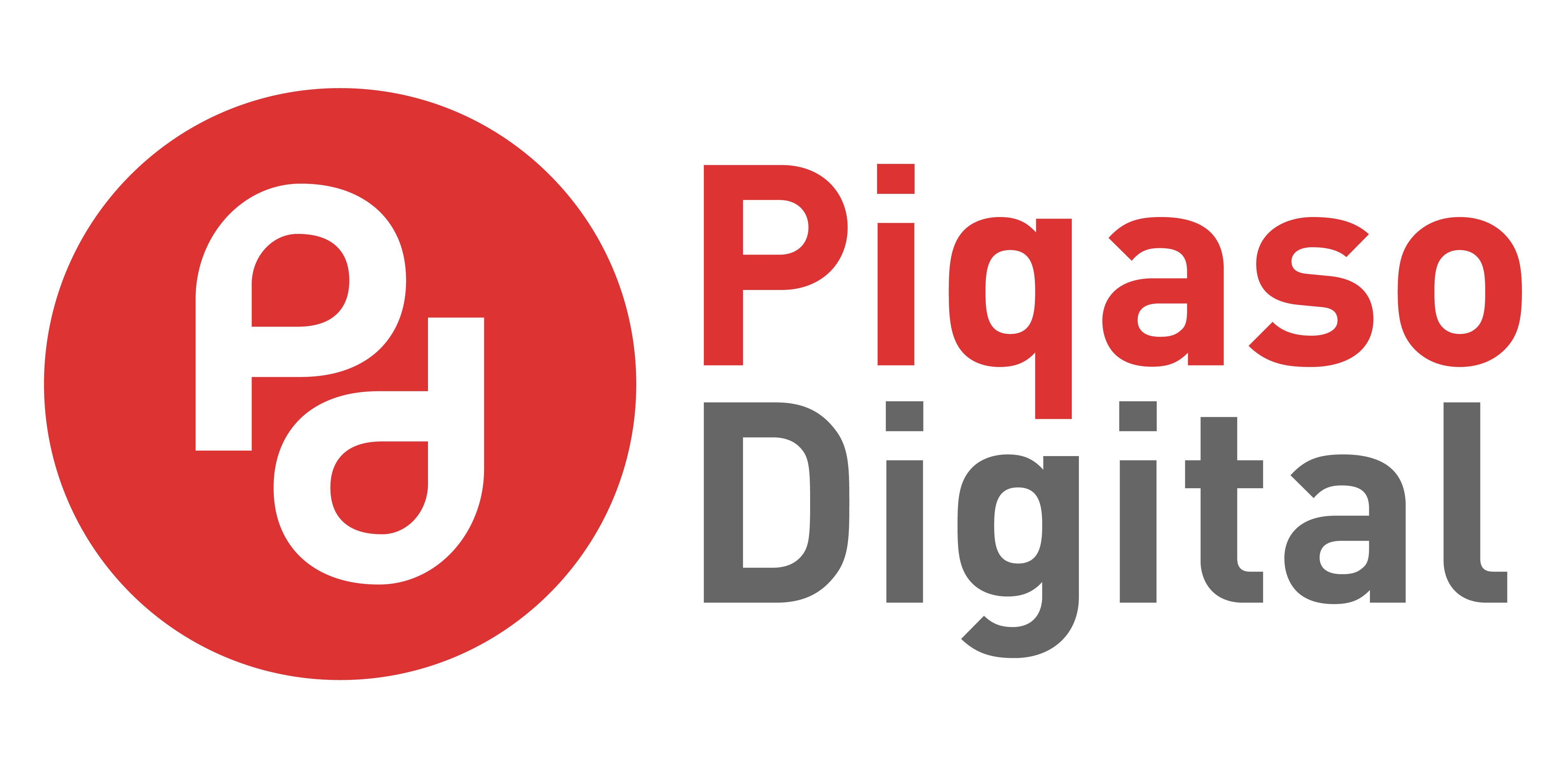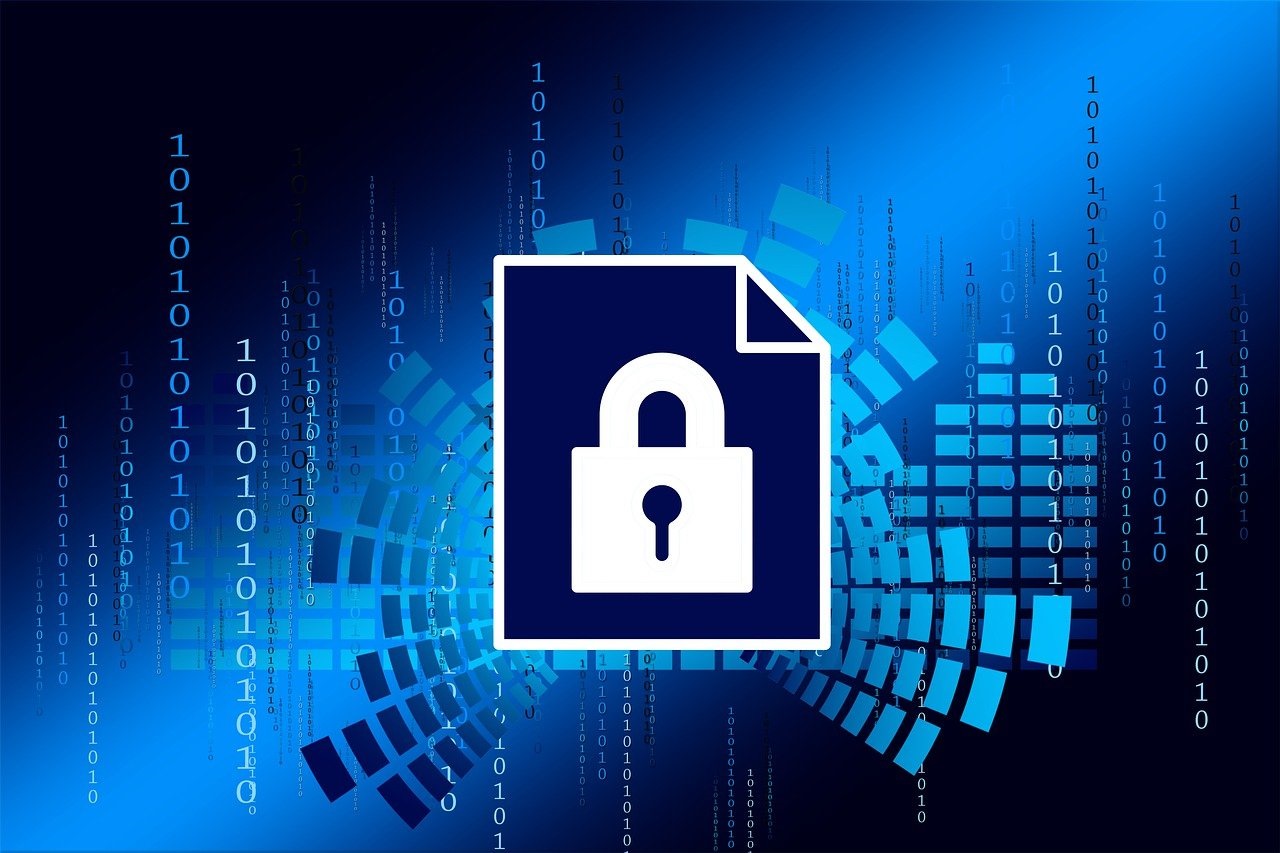Keeping your website safe is critical in this age of increasingly sophisticated cyber attacks. A small slip can mess up your site and even take it down altogether, devastating your business. At Piqaso Digital, we are acutely aware of the importance of website security and safety. We will give you some essential tips on keeping your website safe.
Regular Site Updates
Regularly updating your website fixes known vulnerabilities that hackers would exploit, while ignoring updates exposes your website to security breaches. For a WordPress website, you would need to update the three components following as soon as their respective updates are available to keep your website safe and usable:
- WordPress core
- Plugins
- Themes
Creating Strong Passwords
A strong password is the most basic way of securing your website from attacks. To keep your website secure, enforce strong password policies for all website users, including website admins, customers, authors, and editors. A strong password should be at least 12 characters long and include a combination of letters in both upper and lower cases, numbers, and special characters.
Two-factor authentication (2FA): complements your password, giving your website an extra layer of security by requiring users to provide two forms of identification before gaining access to the website—useful when your password is compromised.
Use SSL Encryption
SSL (Secure Sockets Layer) secures data transmitted between your browser and your website during browsing by encrypting it, keeping sensitive information safe from snooping or interception on the webspace. It is a crucial indicator of a secure website. SSL-encrypted websites are marked with a padlock icon in the browser’s address bar, informing users or website visitors of the safety of their data and securing their trust.
Note: Google and other search engines prioritize websites with SSL certificates in search results, which can boost your search engine ranking.
Back-Up Your Website Regularly
The risk of being compromised still looms even with the best security measures in place, but regularly backing up your website can help you mitigate an attack by helping you quickly restore your website to its previous state, minimizing damage or loss. Have your website backed up in a secure, offline location if applicable, and the process scheduled and automated. Back up the following:
- Database
- Configurations and settings
- Media
- Themes and plugins
Protect your Website Against Malware and Viruses
Malware and viruses pose grave threats to any website. They can cause unspeakable damage to your platform and your entire business, from defacing your pages and other parts of your website to stealing sensitive data and misusing them on the webspace.
To protect your website against them, install and maintain reputable security software and firewalls (network-based and application firewalls or proxy servers) that detect, block, and remove malicious code and suspicious activity early enough.
Access and Permissions
Limit what everyone accesses on your website according to their roles. For instance, content editors and authors only need to access parts of the website that serve their roles, while admins would need more access. You can implement PoLP, which limits website users, thereby reducing accidental, intentional, or malicious changes to your website by users.
Protect Your Website Proactively
Look out for unusual behavior and patterns; this can help you mitigate issues early enough. For instance, several failed login attempts, strange traffic spikes, unusual media uploads, and changes to critical website files. These could be indicators of attempted attacks or other malicious activities. Prior detection allows you to protect your website from a full-blown attack. Alternatively, you can save yourself the hassle through any of these web security tools:
- Cloudflare
- WPScan
- Akismet
- Astra Pentest
- AppTrana
- Imperva
- NordLayer
- Datadog
- Beagle Security
- Sucuri
Educate Your Team
Educate your team on what to do and what not to do in website security to reduce the chances of data breaches or a full-scale cyber attack on your website, including how to recognize phishing schemes and the importance of strong passwords. Train, inform, and update them continuously on the latest threats and how to tackle them. Educate them on the dangers of the following,
- Clicking strange links and CTAs
- Opening unknown items in the mail
- Downloading and installing unverified or pirated software
Conclusion
As you have noted, securing your website is not a one-off thing. It is continuous and long-term, requiring active and proactive vigilance, dedicated observation, and other proactive measures, all of which we provide and fully dedicate ourselves to. Contact us today for a thorough audit and security recommendations for your website or a total overhaul to make it safer and secure.
Featured photo source: Pixabay

